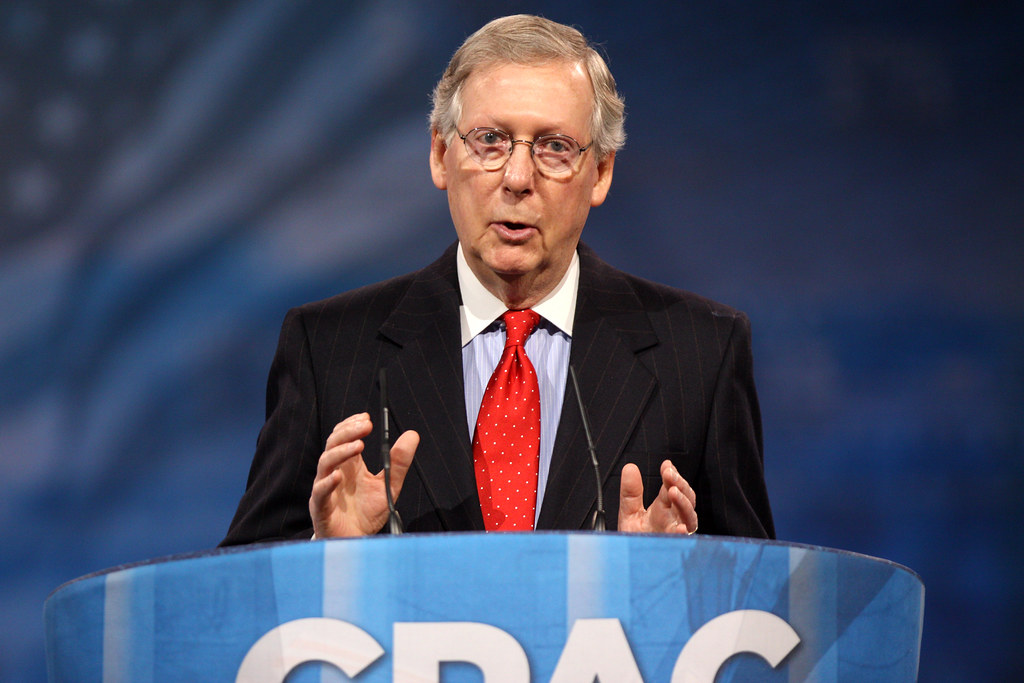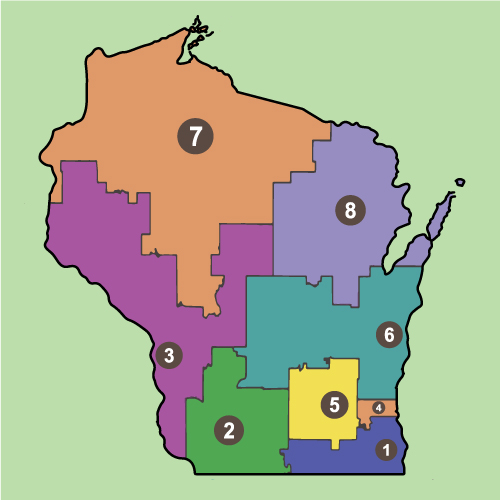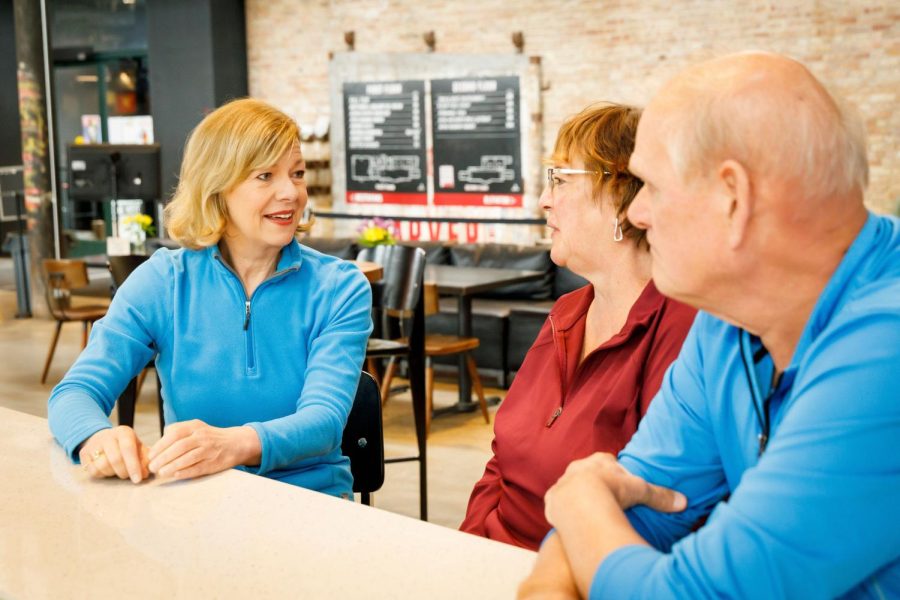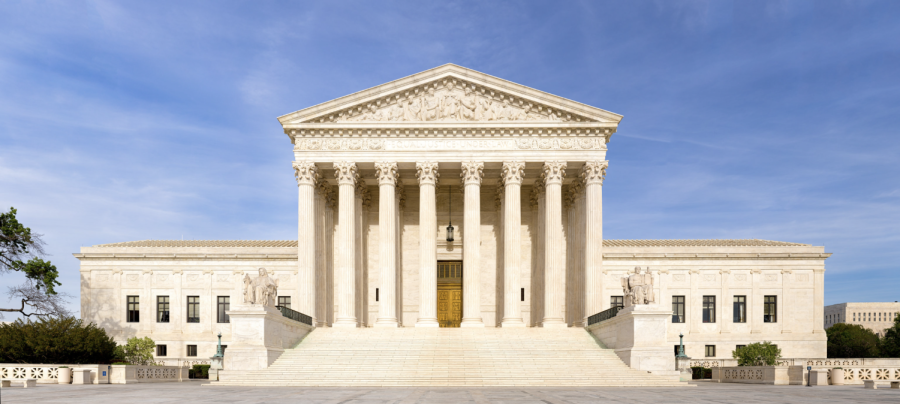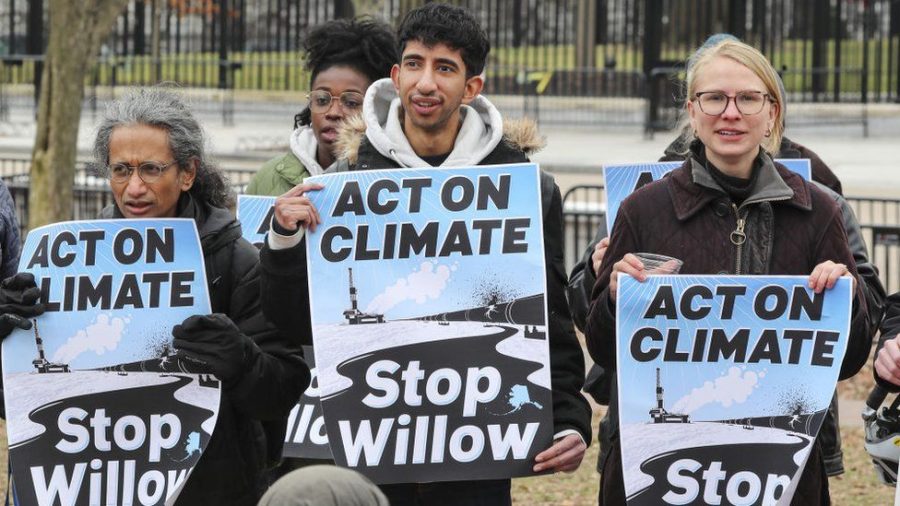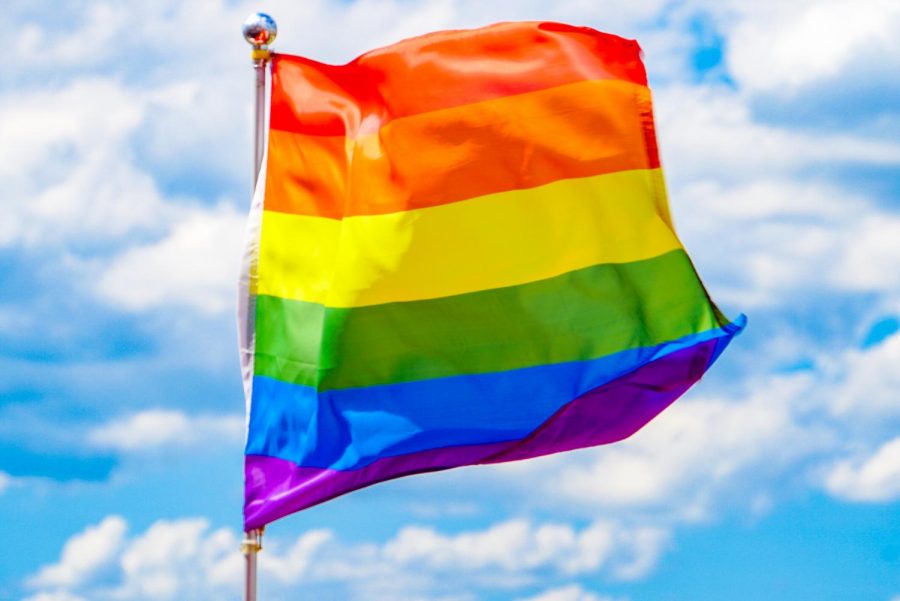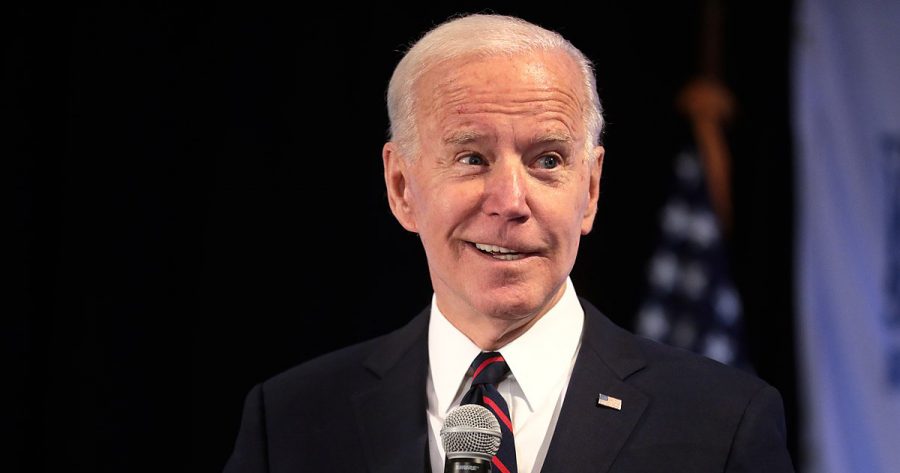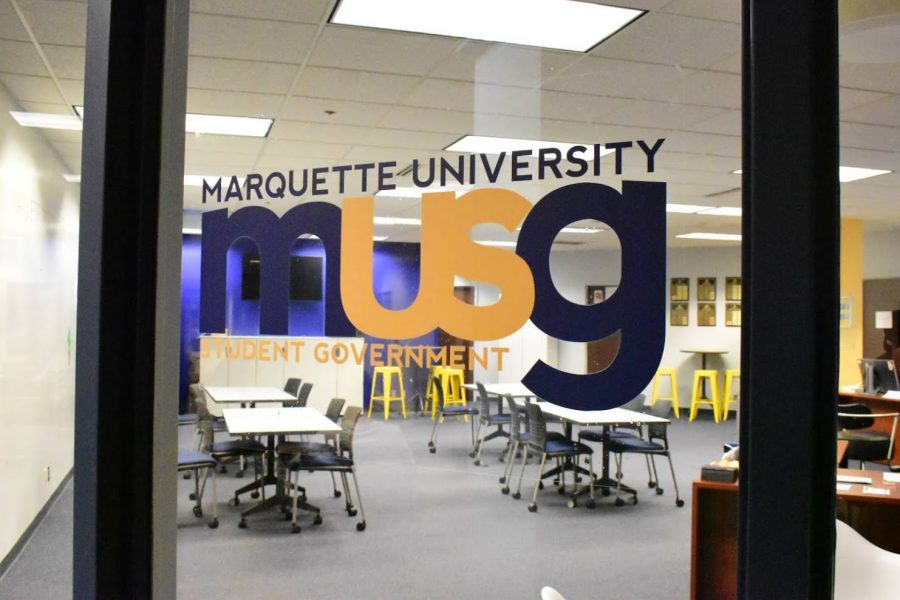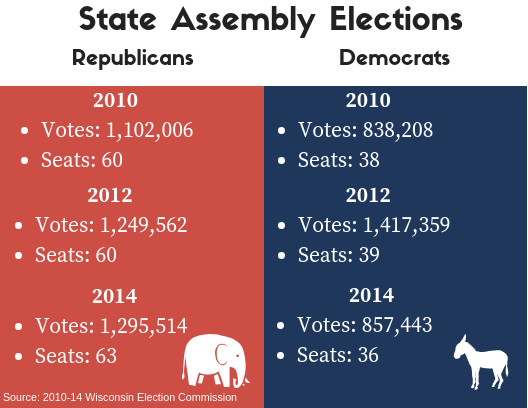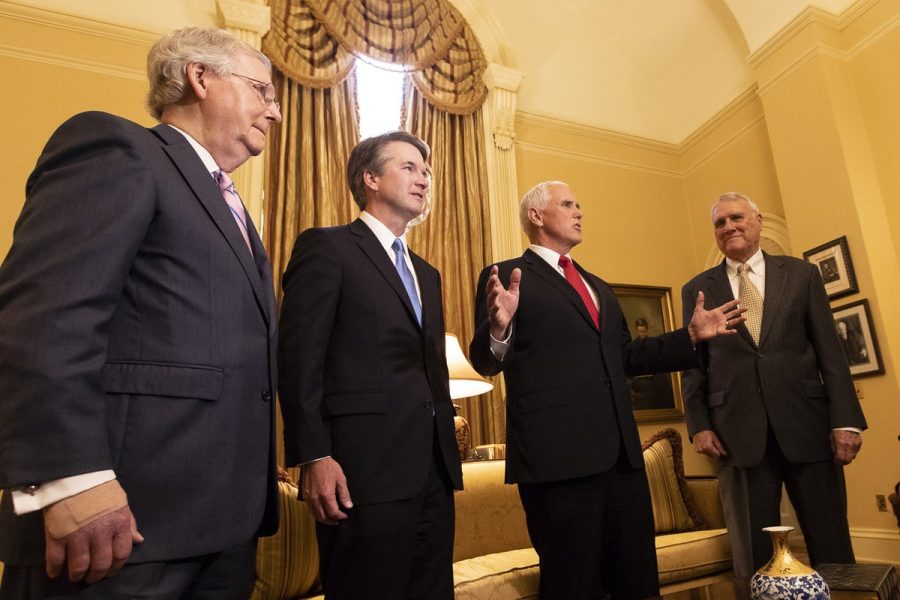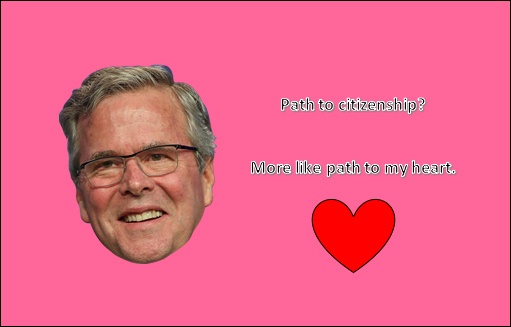Last week, TikTok CEO Shou Zi Che found himself in the middle of the United States Congress, hoping to disprove claims that the People’s Republic of China was using the app to collect data from American users.
The hearing, which lasted over four hours, encapsulated several issues within Congress and its assessment of TikTok’s data privacy protection policies. From Congresspeople asking if the application can hijack airplanes to constantly questioning Singaporean Shou Zi Che’s loyalty to the People’s Republic of China (a country he is not a resident of.)
Although impossible to teach all members of legislative bodies all the information that could help them understand the issues they are dealing with, the borderline circus of a hearing has made one thing clear: for legislators to be able to make sound decisions in a world where scientific and technological limits are constantly being pushed, there needs to be better systems for filling information gaps. Particularly, Congress should have access to and utilize experts more often in fields of relevance when creating legislation.
Data privacy issues have been a constant theme in Congressional hearings, even when those applications are not Chinese.
In the case of TikTok, the processes that make up the application’s software are supremely difficult to understand, even for those who have more experience with technology and social media. The application’s algorithm is also continually evolving and improving, which makes it challenging to comprehend how it functions and the factors that influence its recommendations.
Although popularized in the last century, expert testimony has been a useful tool for courts around the United States as early as 1782. Their expertise is used in all types of legal cases, from psychologists being invited to speak about a defendant’s mental state, to medical examiners recounting the processes that might go on within a person’s body. In fact, the use of expert testimony was highlighted in this year’s Congressional Hearing Report.
However, the use of expert witnesses should be monitored carefully. Expert witnesses have routinely been used by lawyers as a way to skew the opinion of the court in their favor, not to provide testimony that would help inform the judge or jury.
Although this provides a very real obstacle to using and trusting witness testimony in court, as long as sound actors who are not heavily affiliated with either party or any Congresspeople are continually appointed to the stand as experts, this should not be an issue.
In today’s hyper-partisan Congress, the use of expert witnesses could help legislators stop thinking about their ties to their parties and start thinking about how their votes could affect the American people. In the last few years, gridlocks have become commonplace as legislators continue to vote with their parties and political interests in mind. Even widely supported legislation, such as basic gun control and some immigration initiatives, have not been able to pass as parties attempt to gridlock each other and block any bills that would not align with their own party’s beliefs.
The use of these experts is meant to create both objectivity and impartiality, helping provide information that is both credible and nonpartisan. In today’s changing world, there are several issues where expert testimony could seriously impact the development of Congressional hearings.
This story was written by Clara Lebrón. She can be reached at clara.lebron@marquette.edu.



